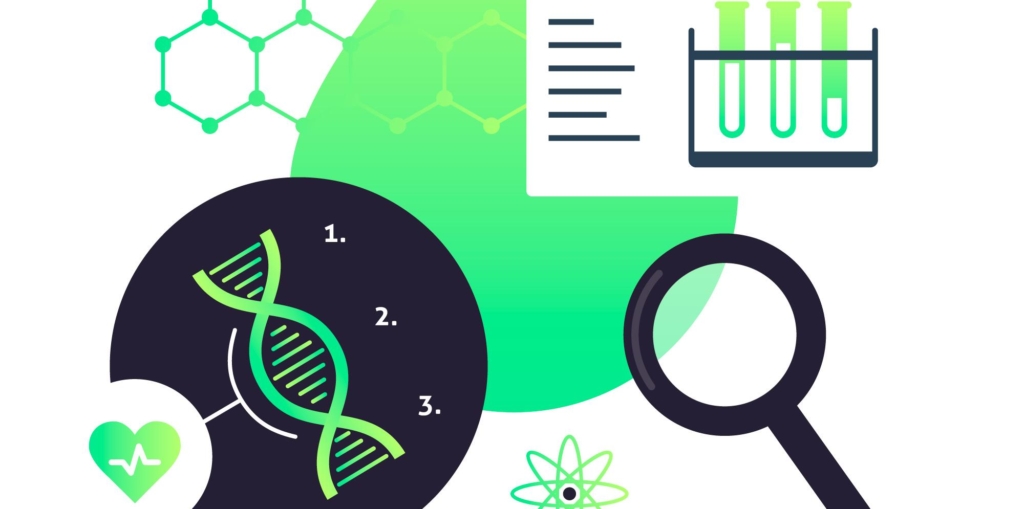Bioinformatics is an interdisciplinary field that combines computer science, statistics, and biology to analyze and interpret biological data. With the explosion of genomic, transcriptomic, proteomic, and other high-throughput data generated by modern technologies, bioinformatics has become an essential tool for researchers and companies in various fields, from pharmaceuticals to agriculture, from biotechnology to diagnostics.
However, not all companies have the expertise or resources to handle large and complex datasets, perform advanced analyses, or develop customized solutions. That’s where bioinformatics as a service (BaaS) comes in.
BaaS is a model where companies can outsource their bioinformatics needs to specialized providers who offer a range of services, from data management and quality control to data analysis and interpretation, from software development and customization to consulting and training. BaaS providers can help companies save time, reduce costs, and improve the quality and reliability of their results.
Here are some reasons why BaaS is important for companies:
- Access to expertise: BaaS providers employ bioinformatics experts who have a deep understanding of the latest techniques, tools, and databases in the field. They can provide valuable insights and guidance to companies that lack such expertise, helping them to make informed decisions, optimize their workflows, and overcome technical challenges.
- Scalability and flexibility: BaaS providers can scale their services according to the needs and budget of the client. They can handle small or large datasets, simple or complex analyses, short or long-term projects. They can also adapt to the changing demands of the client, providing additional services or modifying existing ones as needed.
- Cost-effectiveness: BaaS can be more cost-effective than building and maintaining an in-house bioinformatics team or infrastructure. BaaS providers can leverage their existing resources, such as software, hardware, and databases, and offer them to multiple clients, reducing the overhead costs for each client.
- Faster time-to-market: BaaS can help companies accelerate their research and development timelines by providing timely and accurate results. This can be critical in industries where speed and efficiency are key factors for success.
- Focus on core competencies: BaaS can allow companies to focus on their core competencies and strategic goals, while leaving the bioinformatics tasks to the experts. This can free up resources and energy that can be used for other important activities, such as product development, marketing, or customer service.
In conclusion, bioinformatics as a service is an important model for companies that want to leverage the power of bioinformatics without the burden of building and maintaining an in-house infrastructure. BaaS providers can offer a range of services that can help companies to access expertise, scale their services, reduce costs, accelerate timelines, and focus on their core competencies. As the amount and complexity of biological data continue to grow, BaaS is likely to become even more essential for companies that want to stay competitive in their respective industries.
